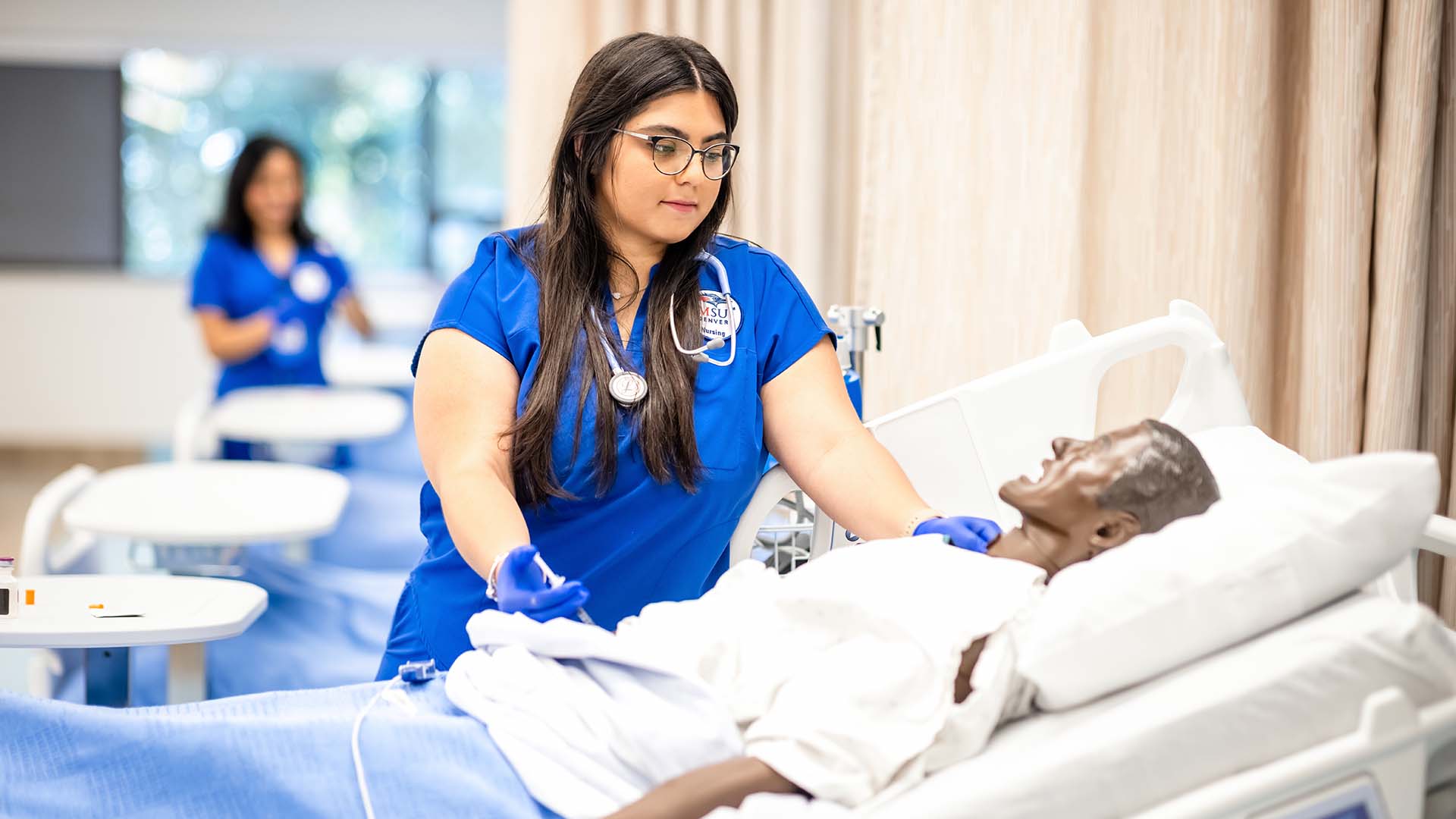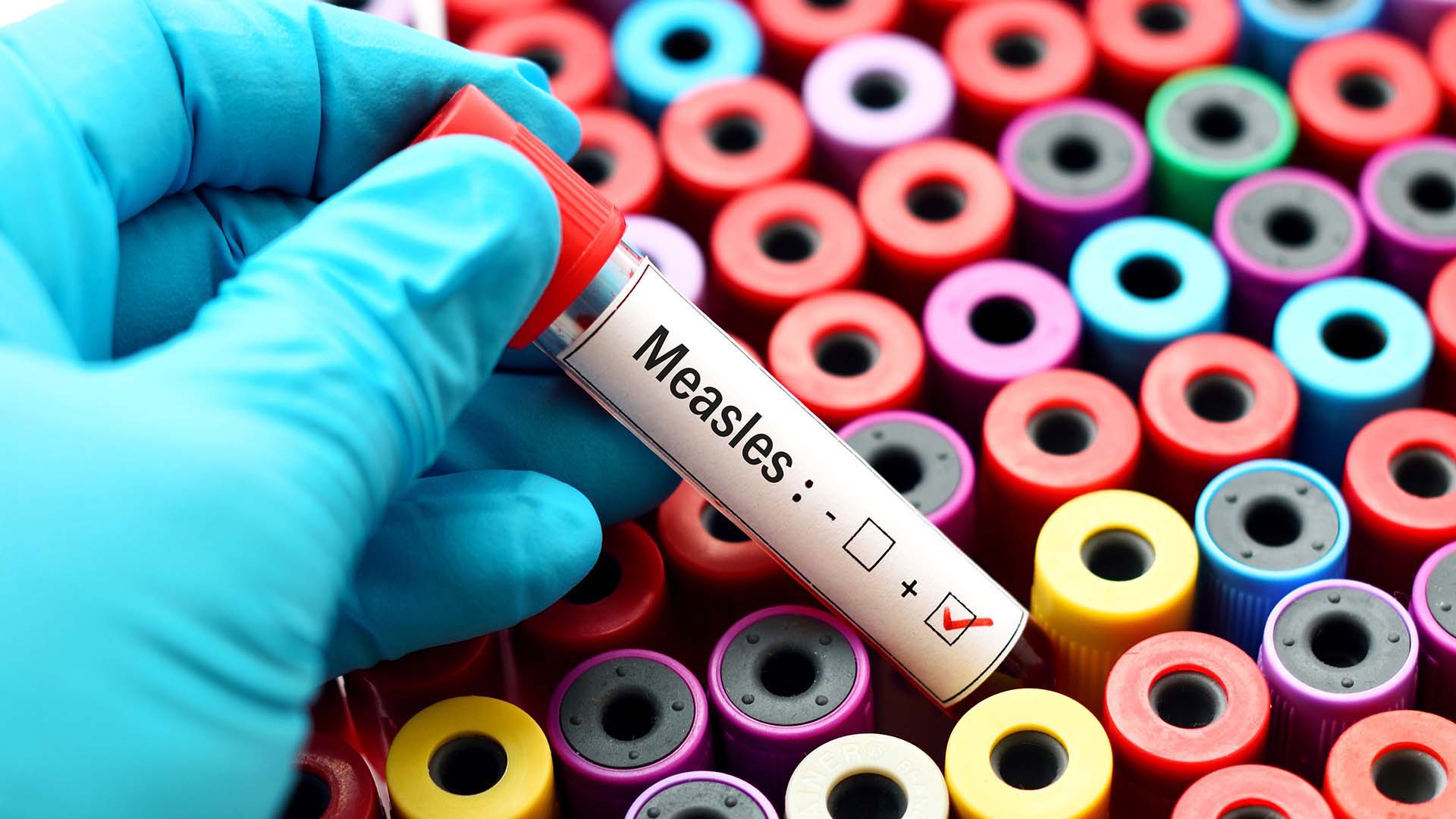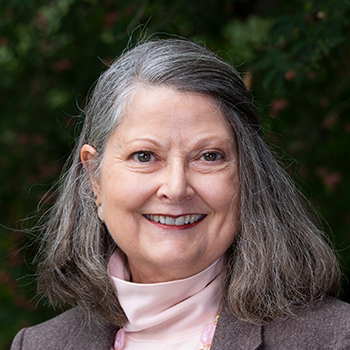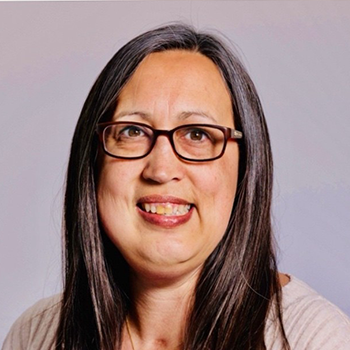MSU Denver helps rural Colorado address crisis in health care
With state support, the University trains nurses and clinical supervisors to address gaps and help residents outside the metro area.
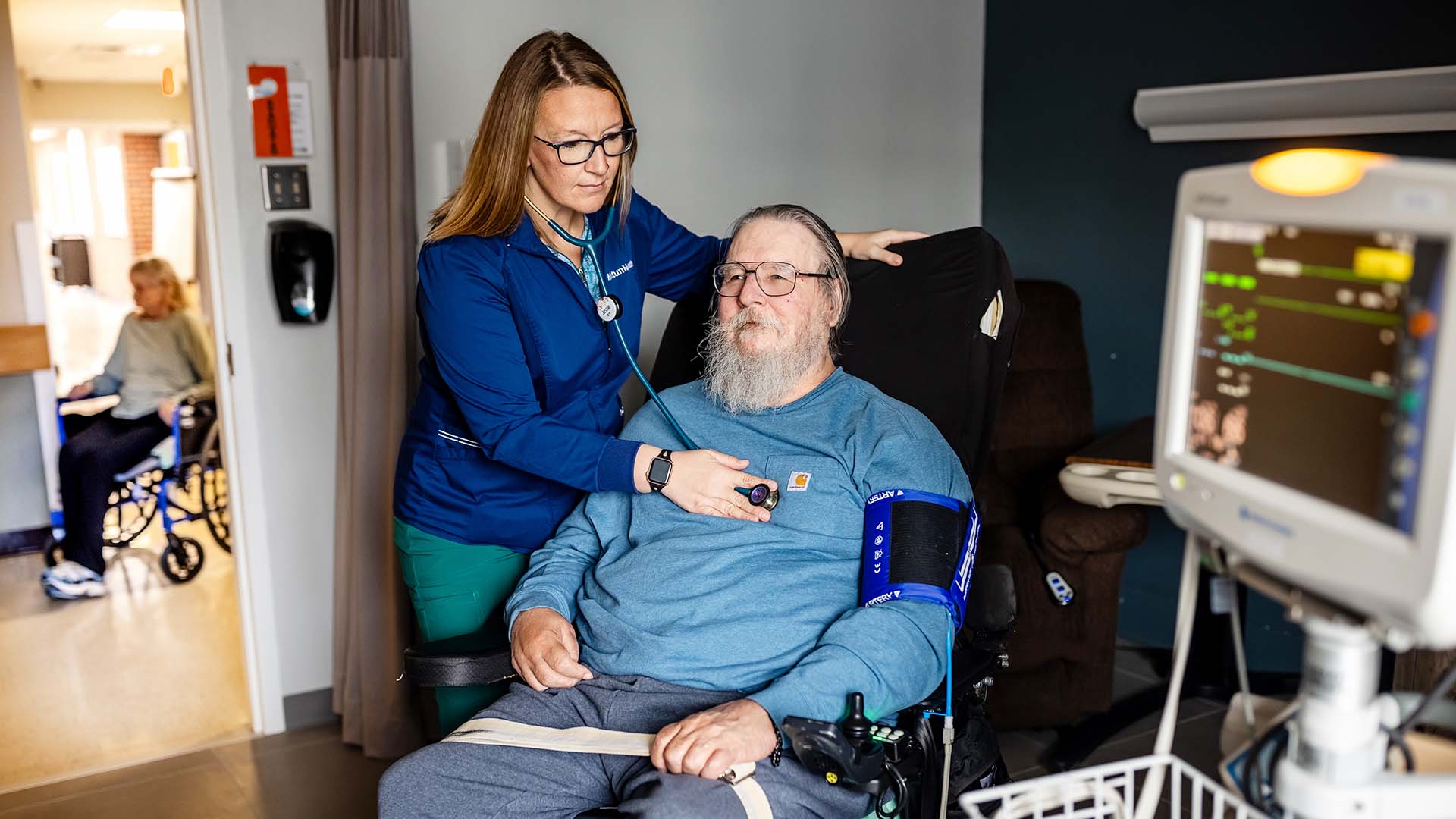
With 77% of rural counties in Colorado designated as health-professional shortage areas, the state faces a care crisis.
That’s the impetus behind the Colorado Rural Health-care Workforce Initiative (CORHWI), designed to address the growing coverage gaps in communities outside the Front Range urban corridor. The 2022 bill allocates funds to 12 institutions to increase access to comprehensive care, with each institution focusing on a specialized area such as oral care, public health or behavioral services.
Metropolitan State University of Denver is among the designated institutions. With help from CORHWI funding, the University offers an online registered-nurse-to-Bachelor of Science in Nursing program that increases access to its BSN program, while also creating more preceptors (clinical-site supervisors) in a “train-the-trainer” model. Participants receive $15,600 in funding to cover requirements, two degree-required General Studies classes, an online preceptor course and rural health-education training.
“We’re recruiting from within the fabric of rural communities to increase the number of registered nurses and provide a steppingstone to help fill primary-care gaps — that’s what nurse practitioners do,” said Terry Buxton, Ph.D., professor of Nursing at MSU Denver and advocate of the program. “This gives students a leg up in education, quality patient care and future aspirations. It’s a win-win-win.”
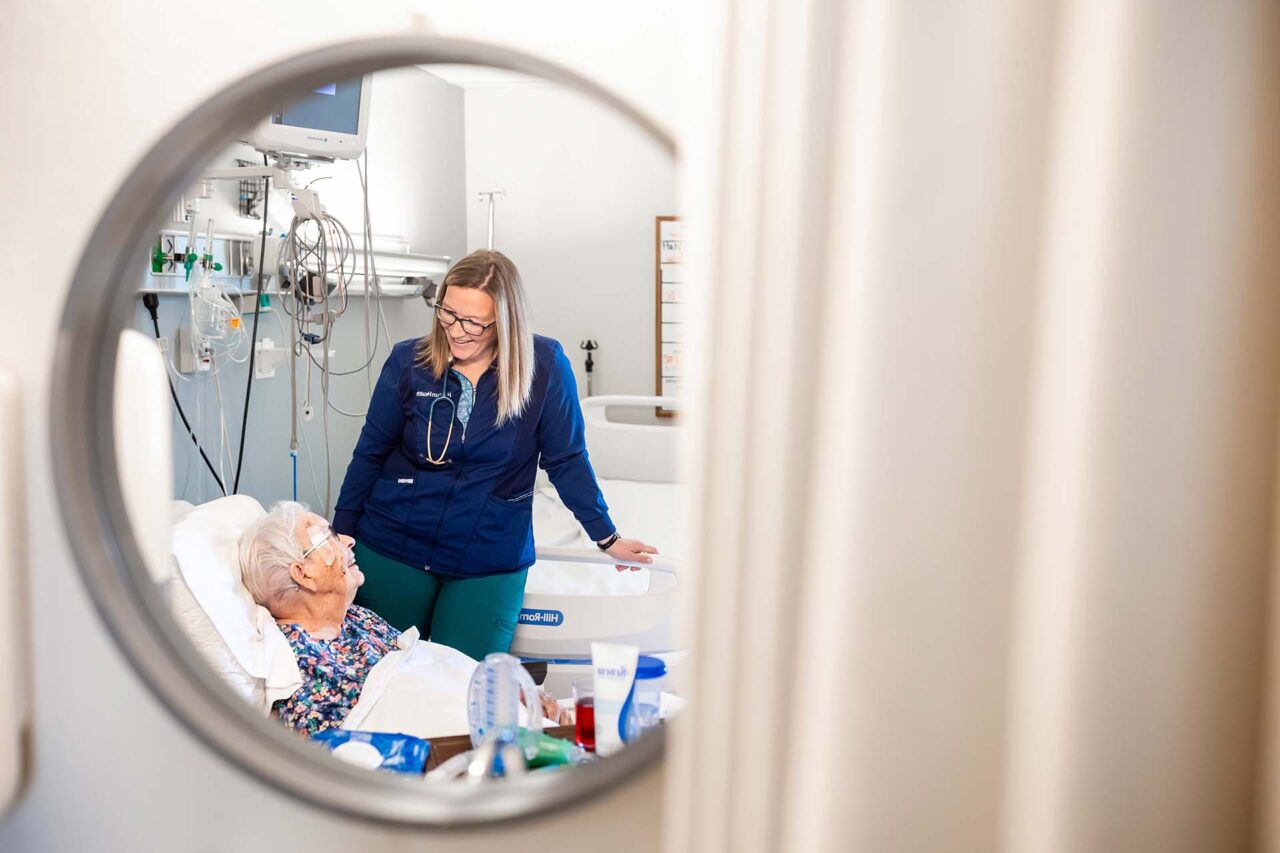
Jessie Cochran recently graduated from the program and serves as the director of nursing and trauma-nurse coordinator at Haxtun Health, a critical-access hospital in the state’s northeastern town of Haxtun, population 981.
“There’s a ton of misconception around the health care needs of rural communities,” she said. “But the truth is we get the same issues as in the cities, only without the same resources. As a nurse here, we need to be able to help everyone from newborns to the elderly.”
RELATED: Dialing in to the possibilities of telehealth
Cochran always wanted a Bachelor of Science in Nursing but didn’t want to take on the additional financial burden, not to mention the logistics of finding a program that would fit with her schedule of work and raising three children.
“That’s when I happened to get an email about (MSU Denver)’s online R.N.-to-BSN program,” she said. “It was serendipitous, and I’m so grateful to find a program that worked with me and my chaotic life.”
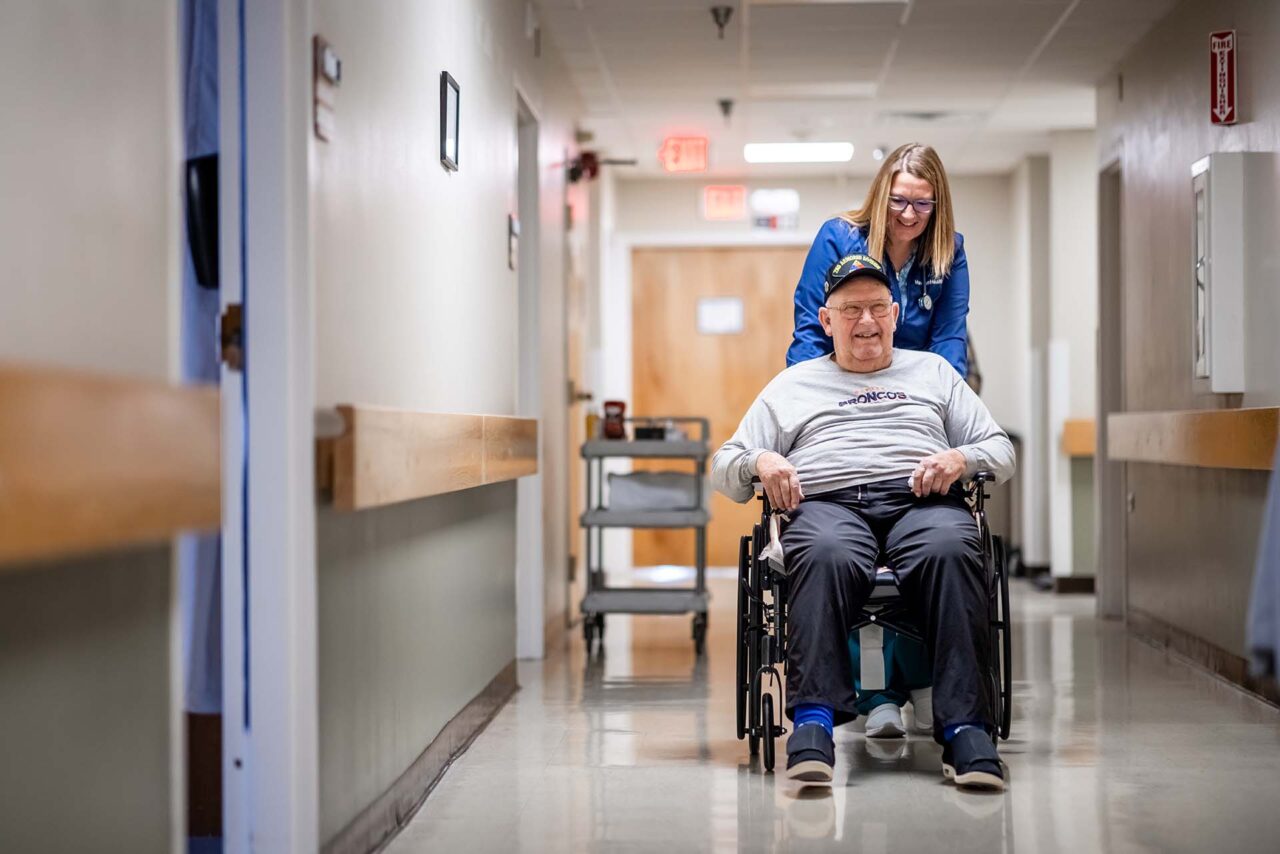
In addition to access issues such as the one Cochran faced, systemic barriers contribute to the shortage of nurses in rural and urban areas, said Jenny Allert, DNP, chair of MSU Denver’s Nursing Department.
The first barrier is the lack of clinical supervisors, which has created a bottleneck in the nurse-training supply chain. The limited site opportunities are overtaxing current preceptors, requiring students to travel even farther afield and creating unsustainable competition, Allert said.
“We have a nursing shortage across Colorado, but a huge part of that is a preceptor shortage,” she said. “If we didn’t face the barrier of access to clinical locations, we could increase our enrollment by 30% right now.”
RELATED: Our nurse supply is running out
Lauren Dasenbrock expects to be among the program’s first graduates this fall — she has pursued graduation while working at a critical-access facility in Hugo. She noted the value of applied research, conducting a study of health data in Durango with a classmate; and helping her patients navigate the complexities of insurance and other assistive programs.
“Smaller communities are good at working together,” Dasenbrock said. “A lot of that is meeting folks where they’re at — if you have a farmer coming in willingly, you know there’s something wrong.”

Another systemic barrier is that bachelor’s degrees don’t carry the same wage premium in rural areas that they do in urban cores, so the incentive to pursue one is diminished.
That subsequently limits career advancement for nurses such as Cochran, who want to move off the floor and into managerial positions. With research suggesting significantly improved patient outcomes in facilities with BSN-holding nurses, the implications could be life-or-death.
Amid its third academic year, MSU Denver’s program has 15 students enrolled online, with a growing waitlist. The facts that each CORHWI institution has a specialized focus and the institutions work together in collaboration instead of competition is a hallmark of its success, Buxton said.
MSU Denver CORHWI participant locations:
|
|
“This investment is so critical to address the rural health care shortage, and there’s a potential to scale it even further,” she added.
For Cochran, who completed the program in August, it was the right fit at the right time. And thanks to the opportunity, it will have an oversize impact on her and her town of Haxtun.
“It was more than just checking a box — I really did see the connection between what I was learning and what I was applying to my job every day,” she said. “I just love that I get to help people get better.”


